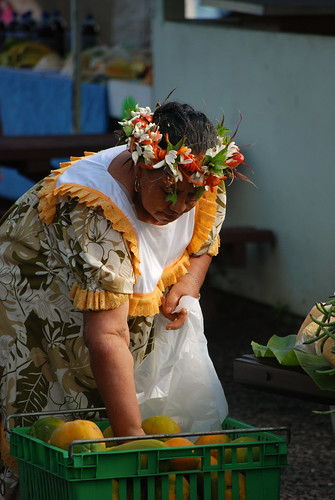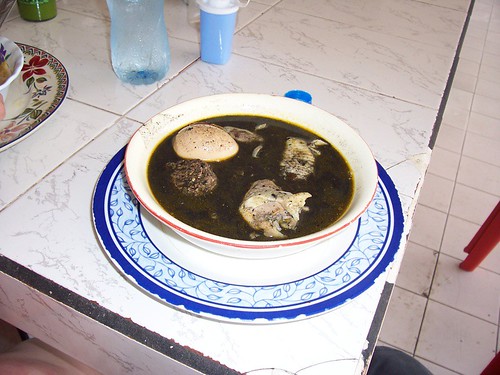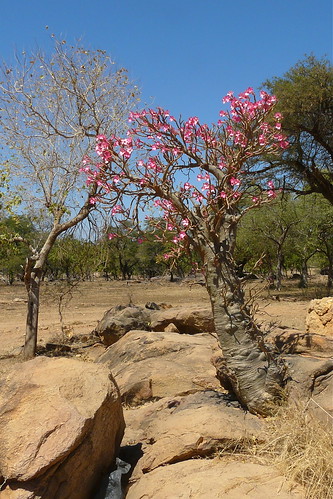Chaka is a fictionalised account of the life of the C19th Zulu king Shaka. It’s unusually early for an African novel, originally published in 1925 but existing in manuscript in some form as early as 1910.
I wasn’t entirely looking forward to reading it. It has started to really bother me when those who rose to power and built empires through force are presented as Great Men, as admirable or heroic. Qin Shi Huang, Alexander the Great, Napoleon: these men were ruthless megalomaniacs who glorified themselves through the misery of others. But we are fascinated by power, and there’s never a shortage of people who are willing to read history through rose-tinted bifocals. Hell, the Russians are even doing their best to rehabilitate Stalin.

I assumed that Chaka would do the same; but part of the reason I enjoyed it so much is that, on the contrary, its portrayal of Shaka is absolutely excoriating. He is presented as a handsome man of great courage and physical and military prowess; but also as capricious, cruel, violent and terrifyingly, unswervingly power-hungry. In fact the scale of his violence, against his own people as well as his enemies, would seem ridiculously exaggerated, if you’d never heard of Stalin, or Mao, or Idi Amin.
Which isn’t to say that the novel is historically accurate. It doesn’t even pretend to be; it’s told very much in a mythic, folkloric style rather than a historically realist one, and it takes substantial liberties with the history for the sake of telling a good story, to the point of inventing major characters — including Chaka’s love interest and a sorcerer who provides him with his power. His life story is tweaked and manipulated to bring out the themes of ambition and power, and present him with decisions which are loaded with symbolic resonance. I would normally shy away from comparing a writer to Shakespeare — just too much baggage — but as a piece of myth-making based freely on a historical source, it really reminds me of Macbeth or King Lear.
I wasn’t immediately gripped by it, but as the action ramped up and Chaka developed into a more and more extreme character, I thought it was electrifying.
Chaka is my book from Lesotho for the Read The World challenge; a quick hat-tip to the translator, Daniel P. Kunene.
» The Chaka Print cloth ticket is from Trevira’s collection of cloth tickets on Flickr. She explains:
These large gummed labels – known as cloth tickets – were attached to bales of printed cotton cloth for export from Britain (read ‘Manchester’ in many cases). They were designed by British artists who depended on information from company agents in the various territories for subjects that were intended to be appealing for their markets.
It is used under a CC by-nc licence.





